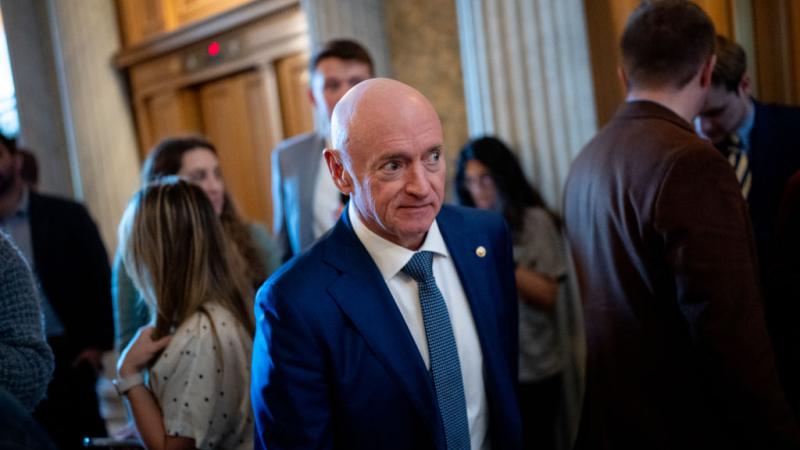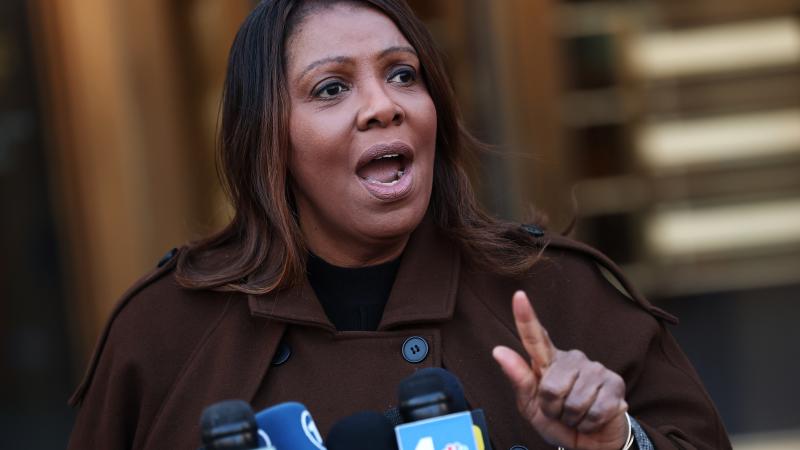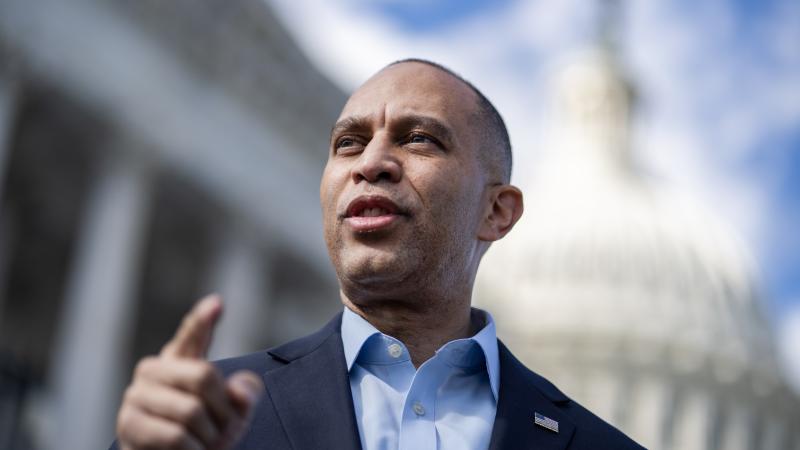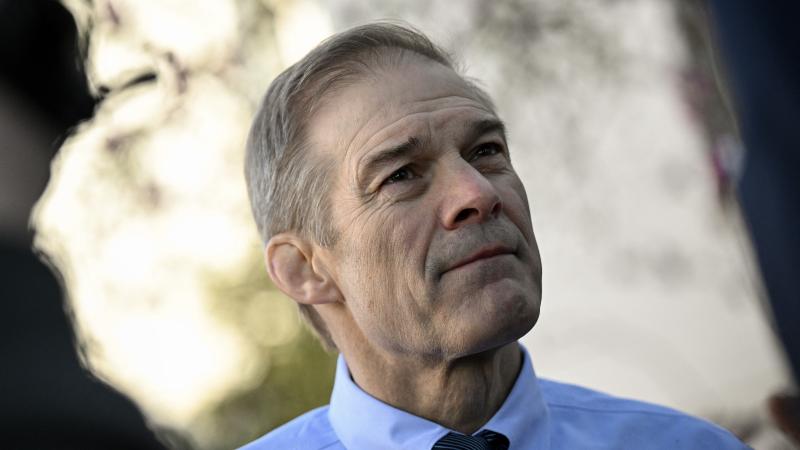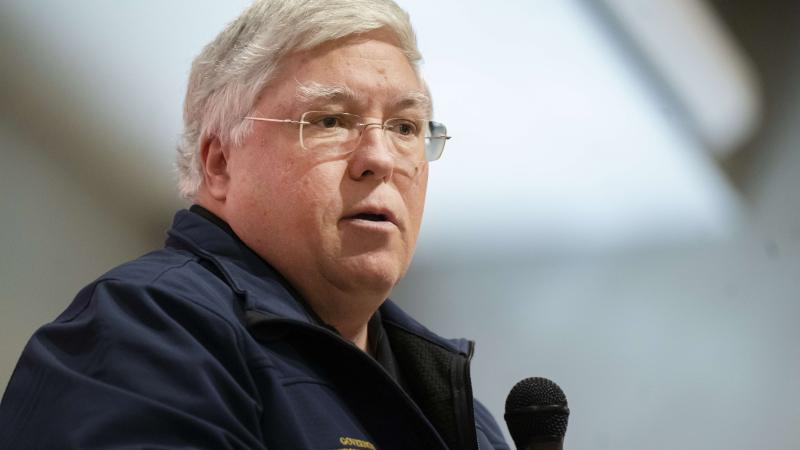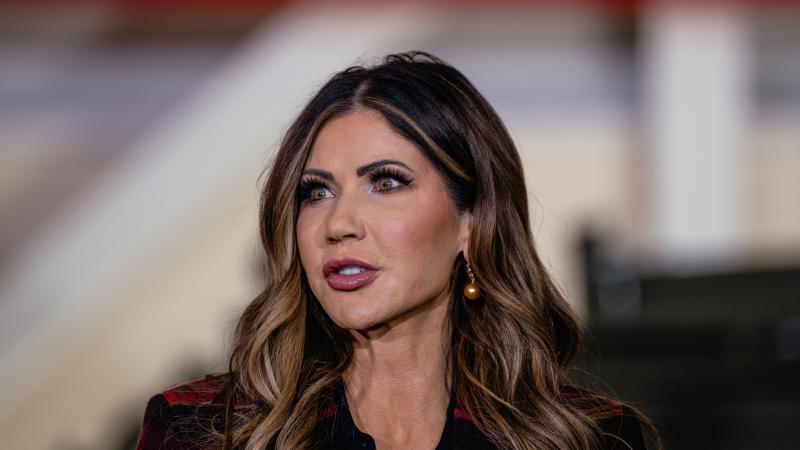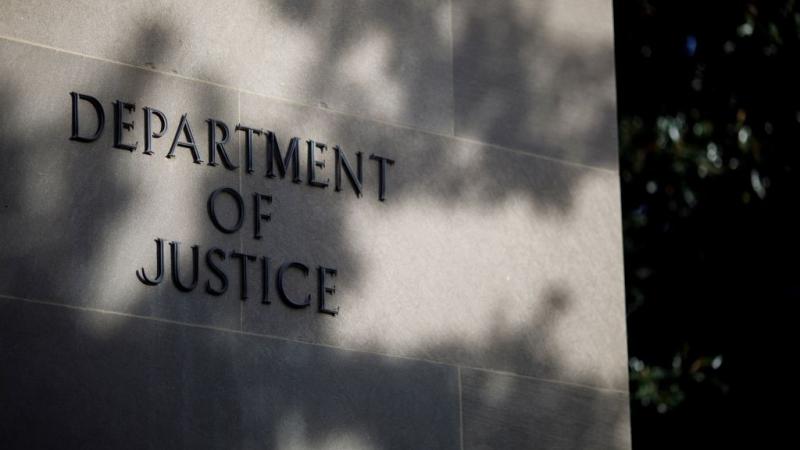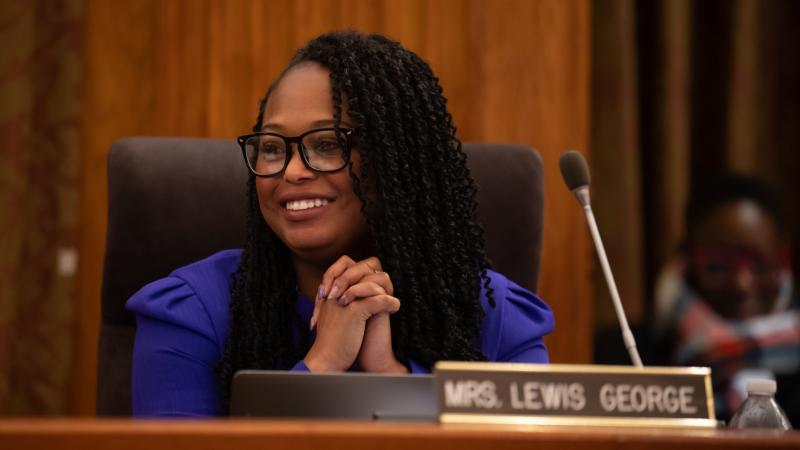Nevada Rep introduces bill to fully restore tax deductions for betting losses
The impact of the gambling losses tax change is not expected to change much for casual gamblers in Nevada or online, but it could prove significant for professional gamblers.
(The Center Square) -
(The Center Square) — U.S. Rep. Dina Titus, D-Nevada, has introduced a bill to fully restore a tax deduction for bettors that was reduced in the federal budget bill.
The One Big Beautiful Bill Act, which was signed into law by President Donald Trump, tweaked the deduction to the gambler’s disadvantage, beginning in 2026.
Before the tax bill, or H.R.1 was passed, gamblers could deduct 100% of losses from their declared income, but the change allows for only 90%.
Far from the federal tax bill headlines, the quiet rewrite will generate an estimated $1.1 billion in tax revenue over eight years, but will hurt gamblers’ bottom line.
If somebody wins $100,000 in bets for a year and loses $90,000, they can only deduct $81,000 from their taxable income. Despite only $10,000 in total gambling wins, they will pay taxes on $19,000.
“The recently passed budget bill included a provision inserted by Senate Republicans without consent of the House that imposed a tax increase on Americans who gamble,” said Titus, the Congressional Gaming Caucus co-chair, in a press release. “My FAIR BET Act would rightfully restore the full deduction for losses so gamblers don’t pay taxes on money they haven’t won.”
The Fair Accounting for Income Realized from Betting Earnings Taxation, or FAIR BET bill, would return the 100% tax write-off for gambling losses status quo.
The impact of the gambling losses tax change is not expected to change much for casual gamblers in Nevada or online, but it could prove significant for professional gamblers. Most notably, the change impacts professional sports gamblers, or “sharps,” who typically profit on small margins across many bets. Without the 100% deductible gambling losses, the work becomes less profitable, with some gamblers expected to be driven away.
“This common-sense legislation will bring fairness back to gaming taxation, making sure that gamblers can fully deduct losses when they report their winnings,” Titus said. “We should be encouraging players to properly report their winnings and wager using legal operators. The Senate change will only push people to not report their winnings and to use unregulated platforms.”
It’s a common fear in the industry that money will flow to overseas sites and gray-area gambling sites. One site, Kalshi, allows for “trades” instead of bets on sports games, avoiding a hit from this tax change. The Washington Post first reported that Donald Trump Jr. was named as the gambling site's strategic adviser earlier this year.
While Congress voted for the large tax bill that included the gambling law change, it is unclear how they will vote on Titus’ bill. Titus and others in Congress said they were surprised that it was included in the One Big Beautiful Bill Act.
While the American Gaming Association did not prevent the inclusion of the gambling losses taxing change, they did lobby for a number of other laws.
One major change in the One Big Beautiful Bill act is the new minimum for slot machine winnings. Before H.R.1, gamblers had to declare any slot machine winnings over $600, which has now been increased to $2,000. That means casinos no longer have to stop and issue a W-2G tax form to winners below $2,000. But the change also means less tax revenue.
